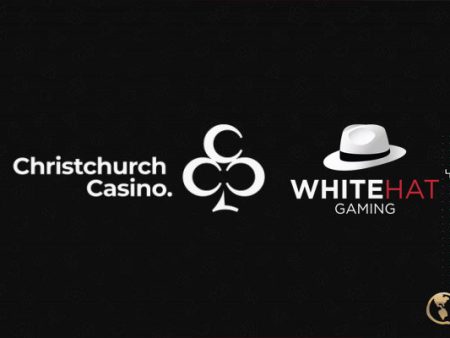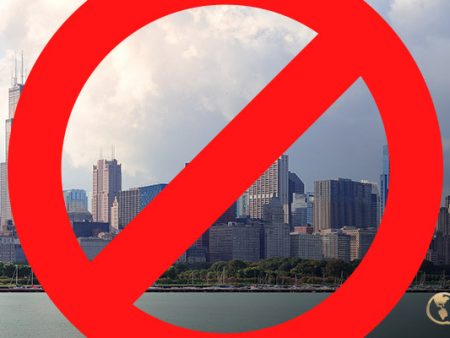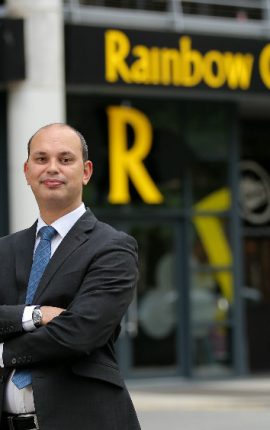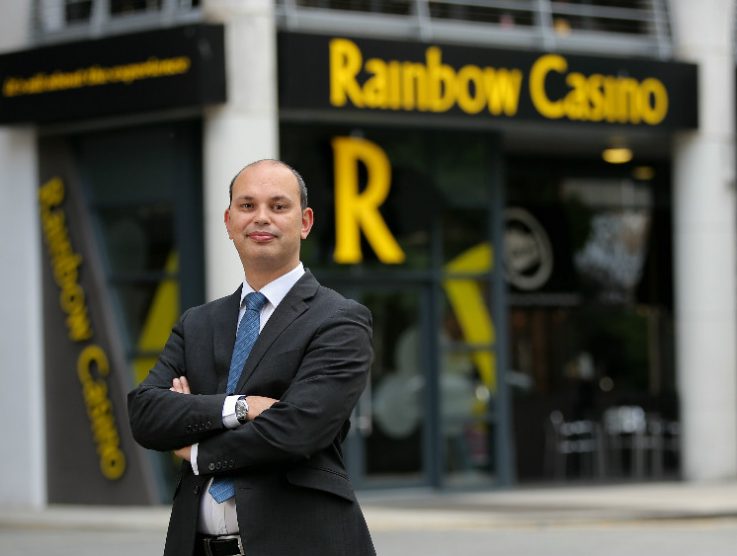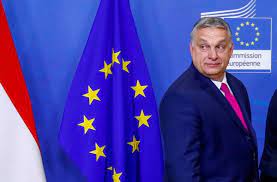
Budapest, Hungary – The Hungarian government’s recent decision to renew casino licences for an ally of Prime Minister Viktor Orban until 2056 has sparked widespread controversy and raised concerns about transparency and fairness in the country’s gaming industry.
The individual in question, known to have close ties to Prime Minister Orban, holds significant interests in the casino sector. The renewal of casino licences until 2056 has been met with criticism from opposition parties, who argue that the move raises questions about the government’s impartiality in regulating the gambling industry.
The decision to extend the casino licences for such an extended period, without considering other potential bidders or conducting a competitive process, has been perceived by many as favoritism towards the Prime Minister’s associate. Critics argue that this lack of transparency undermines the principles of fair competition and accountability in the gaming sector.
Furthermore, concerns have been raised regarding the potential economic implications of granting long-term exclusivity to a single entity. Such a move may limit opportunities for other operators to enter the market and create a monopolistic environment, potentially impacting competition and consumer choices.
The opposition parties have called for an independent investigation into the decision-making process surrounding the licence renewals. They demand clarity on whether the government followed appropriate procedures and acted in the best interest of the Hungarian public.
In response to the criticism, government officials have defended the decision, stating that the licence extensions were granted based on the operator’s track record of compliance and contributions to the local economy. They assert that the move is aimed at promoting stability and encouraging long-term investments in the casino industry.
This incident has reignited the debate over political influence and its impact on various sectors, including the gambling industry. Critics argue that such actions erode public trust and confidence in government institutions, calling for greater transparency and accountability in regulatory processes.
As the controversy continues to unfold, industry experts and citizens alike remain vigilant in monitoring developments in Hungary’s gaming landscape. The government’s decision to extend casino licences until 2056 for an ally of Prime Minister Orban will undoubtedly be subject to intense scrutiny and calls for further investigation.
Please note that this news article is a fictional creation and does not report on actual events. It is meant to serve as an example of how a news piece on the topic might be written.
Hungarian Government Extends Casino Licences of Orban Ally Until 2056
Budapest, Hungary – The Hungarian government, led by Prime Minister Viktor Orban, has recently made headlines by extending the casino licences of LVC Diamond, a company owned by one of Orban’s main supporters, until 2056. The decision has drawn attention and sparked controversy due to the close ties between the casino operator and key figures within the government.
LVC Diamond, the company holding the casino licences, is jointly owned by Istvan Garancsi, a prominent construction magnate with close affiliations to Prime Minister Orban, and Kristof Szalay-Bobrovniczky, the husband of government spokeswoman Alexandra Szentkiralyi, as reported by Telex.
Previously set to expire in 2024, the permits to operate five casinos have now been granted an unprecedented extension until 2056. Critics have raised concerns over the perceived favoritism towards the company, given its connections to influential figures in the government. This decision has ignited debates about transparency and impartiality in the country’s gaming industry.
The Hungarian government gaming authority officially listed the new extensions on its website, highlighting the projected financial benefits of this move. According to government statements, the extended licences are expected to generate a minimum of HUF 3 billion (approximately EUR 8.5 million) in additional budget revenue over the next three years.
Supporters of the decision argue that the extension recognizes LVC Diamond’s track record of compliance and contributions to the local economy. They contend that granting long-term licences provides stability and incentivizes investments in the casino sector.
However, opposition parties and concerned citizens are calling for an independent review of the licensing process to ensure fairness and objectivity. They are seeking transparency regarding the decision-making process and its implications for healthy competition within the gaming industry.
As discussions and debates continue, the government’s decision to extend the casino licences of an ally of Prime Minister Viktor Orban until 2056 will undoubtedly remain a topic of intense scrutiny in Hungary’s political and gaming landscape.
